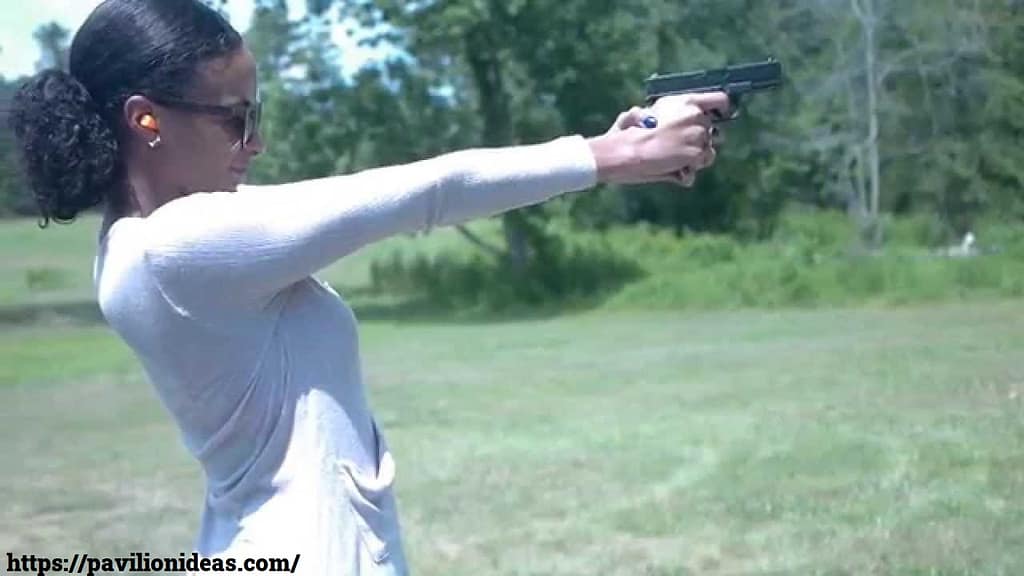Privacy, a cornerstone of personal freedom, is a topic that resonates with every individual. Your home, especially your backyard, is your sanctuary, a space where you expect the utmost privacy and security. Yet, the question lingers: can police enter your backyard without permission? In this detailed exploration, we embark on a journey through legal nuances and real-life scenarios, shedding light on the rights you have as a homeowner. Understanding the boundaries of law enforcement’s authority in your private space is not just a matter of legal knowledge; it’s about empowering yourself with the information needed to safeguard your privacy and uphold your rights as a citizen.
In the digital age, where information is abundant yet often confusing, this guide aims to provide clarity. We will dissect complex legal jargon, offering you a straightforward, easy-to-understand explanation of your rights. Join us as we demystify the often-murky waters of law enforcement practices, equipping you with the knowledge necessary to confidently assert your rights and protect your home. Let’s navigate the intricate web of laws and regulations together, ensuring you are well-informed about what the law says regarding your backyard privacy.
Understanding Property Rights: A Fundamental Overview
At the heart of the question, “Can police enter your backyard without permission?” lies the fundamental concept of property rights. Understanding these rights is not just a matter of legal technicalities; it’s about grasping the essence of personal freedom and privacy.
Property ownership extends far beyond the physical boundaries of your home; it encompasses a domain of privacy, security, and autonomy. It signifies your right to control who enters your space and under what circumstances. In the context of your backyard, it’s not just about the neatly trimmed lawns or the garden swing; it’s about a zone where you should feel safe, secure, and free from unwarranted intrusion.
Respecting these boundaries is not just a societal norm; it’s a legal right. Your property, including your backyard, is your castle, and you, as the homeowner, are its ruler. This fundamental understanding forms the bedrock of property rights. It’s a principle that dates back centuries, emphasizing the significance of personal space and the right to be free from arbitrary interference.
In essence, comprehending property rights is recognizing the sanctity of your home. It’s about acknowledging that your backyard isn’t just a patch of land; it’s a symbol of your freedom, your individuality, and your right to privacy. Armed with this understanding, you are not just a homeowner; you are a guardian, safeguarding not just your physical space but the very essence of what makes a house a home.
Private Property: You’re Domain of Privacy
Owning a property doesn’t just mean having a house; it means having a domain of privacy. Respecting Boundaries: The Essence of Privacy explains the fundamental concept of boundaries and how they relate to your privacy rights. It’s imperative to understand that these boundaries extend to your backyard.
Can Police Enter Your Backyard Without Permission? A Legal Perspective
In the realm of legality, the question of police entry into private properties, especially backyards, has been a topic of debate. Legal Limits: Police Entry Without a Warrant clarifies the situations under which law enforcement can enter your backyard without your explicit permission. Understanding these nuances empowers you to protect your privacy effectively.
The Role of Exigent Circumstances
Exigent circumstances, such as pursuing a suspect or preventing the destruction of evidence, can sometimes justify police entry without a warrant. Exigent Circumstances: Navigating the Gray Area explores these situations, providing real-life examples to help you grasp the complexity of such scenarios.
Conclusion: Know Your Rights, Protect Your Privacy
In the realm of legalities and personal freedoms, understanding your rights is akin to having a shield that protects your privacy. As we conclude this exploration into whether police can enter your backyard without permission, one thing remains clear: knowledge is your most potent weapon. By comprehending the laws surrounding law enforcement’s entry into private properties, specifically your backyard, you empower yourself.
Knowing your rights isn’t just about legal jargon; it’s about having the confidence to assert yourself when necessary. It’s about recognizing the boundaries of law enforcement and ensuring those boundaries are respected. Your home, your sanctuary, deserves to be safeguarded from unwarranted intrusion.
Armed with the information provided in this guide, you can confidently navigate any situation where your privacy is at stake. Remember, your backyard isn’t just a physical space; it’s a symbol of your privacy, your freedom, and your right to be secure in your own home.
FAQs
Can police enter my backyard if they suspect illegal activity?
Yes, if they have reasonable grounds to suspect ongoing criminal activity, they can enter your backyard without a warrant.
What can I do if police enter my backyard without permission?
Stay calm, observe the situation, and note down details. Later, consult with legal experts to understand your options.
Are there any exceptions to the warrant requirement for backyard entry?
Yes, exigent circumstances and hot pursuit of a suspect are exceptions. However, these are subject to legal scrutiny.
Can I deny entry to the police if they don’t have a warrant?
Yes, you have the right to deny entry. Be polite but firm in asserting your rights. If they persist, consult legal counsel.
Generally, evidence obtained illegally is inadmissible. Consult with a lawyer to challenge any evidence from unauthorized entry.
How can I secure my backyard to protect my privacy?
Install fences, security cameras, and adequate lighting. Know your local laws regarding backyard privacy structures.

